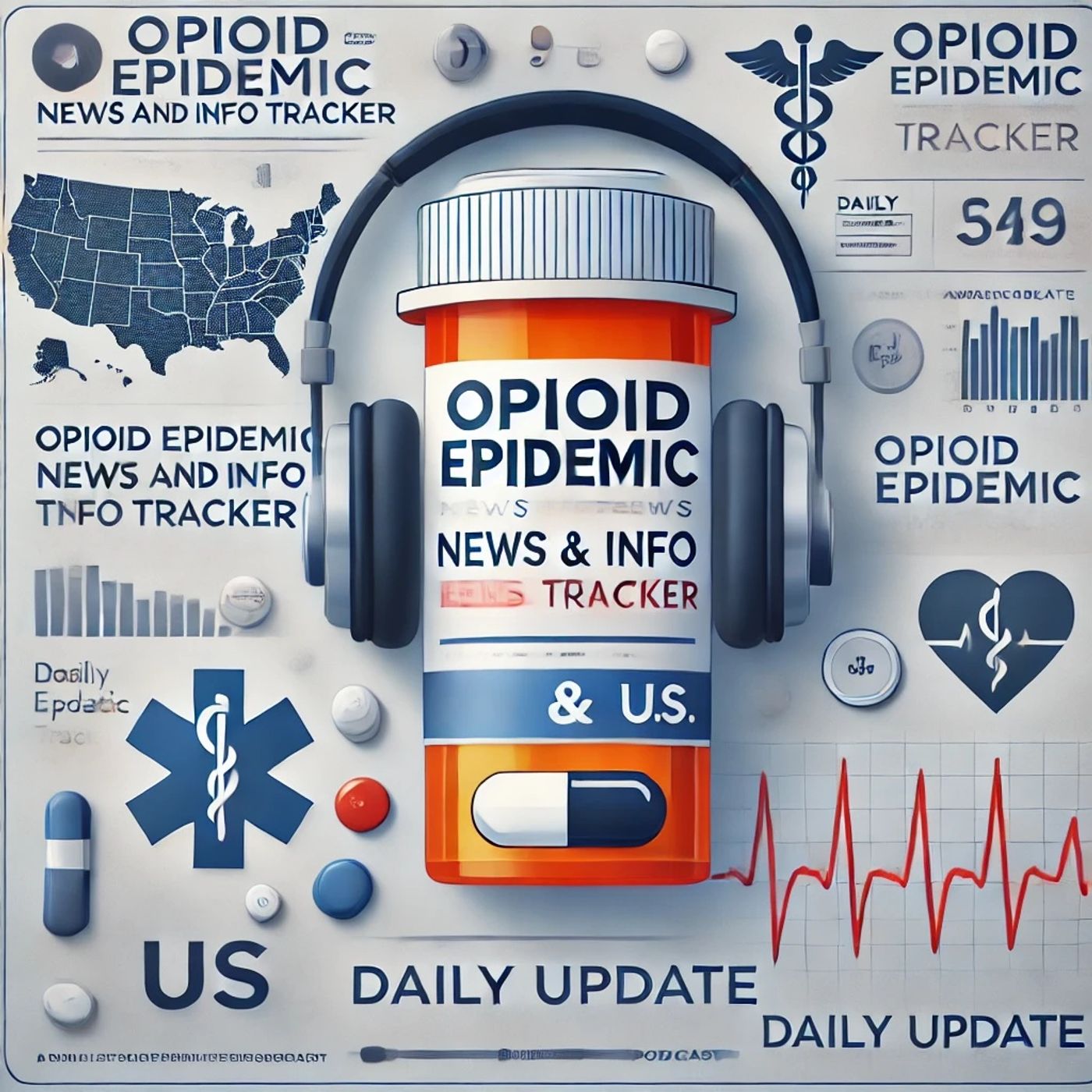Oct 03 2024 2 mins
The opioid epidemic continues to pose a significant challenge to public health, with alarming rates of overdose deaths and ongoing struggles in treatment retention. A recent study supported by the National Institute on Drug Abuse (NIDA) and conducted by researchers at Brown University has shed new light on the effectiveness of higher daily doses of buprenorphine in managing Opioid Use Disorder (OUD).
### Higher Doses, Better Outcomes
The study, published in *JAMA Network Open*, found that individuals with OUD who were prescribed higher doses of buprenorphine had better treatment retention rates compared to those on lower doses. Specifically, patients prescribed a 24 mg daily dose of buprenorphine were less likely to discontinue treatment than those on the recommended target dose of 16 mg. The data showed that 53% of patients on the 24 mg dose discontinued treatment within 180 days, compared to 59% of those on the 16 mg dose. This translates to a 20% higher likelihood of treatment discontinuation for those on the lower dose.
### Safety and Efficacy
Higher doses of buprenorphine, up to 24 mg and even 32 mg in some cases, have been found to be safe and well-tolerated in patients with OUD. This is particularly important given the widespread availability of potent opioids like fentanyl, which has significantly increased overdose deaths. In 2021, more than 70,000 of the nearly 107,000 overdose deaths reported were primarily due to fentanyl, highlighting the need for more effective treatment strategies.
### Clinical Implications
The current FDA-recommended target dose of 16 mg was derived from studies conducted before the widespread use of fentanyl. The new findings suggest that higher buprenorphine doses may be necessary to address the higher levels of tolerance and dependence seen in contemporary patients. This adjustment could help set patients up for greater success in their treatment.
### Access and Delivery
Improving access to buprenorphine treatment is crucial. Until 2023, physicians needed a special DEA waiver to prescribe buprenorphine, but this requirement has now been removed, allowing all clinicians with a DEA license to prescribe this medication. Additionally, telehealth has emerged as a viable and effective method for delivering buprenorphine treatment, especially for patients with limited access to in-person care.
### Harm Reduction and Treatment Goals
The treatment
### Higher Doses, Better Outcomes
The study, published in *JAMA Network Open*, found that individuals with OUD who were prescribed higher doses of buprenorphine had better treatment retention rates compared to those on lower doses. Specifically, patients prescribed a 24 mg daily dose of buprenorphine were less likely to discontinue treatment than those on the recommended target dose of 16 mg. The data showed that 53% of patients on the 24 mg dose discontinued treatment within 180 days, compared to 59% of those on the 16 mg dose. This translates to a 20% higher likelihood of treatment discontinuation for those on the lower dose.
### Safety and Efficacy
Higher doses of buprenorphine, up to 24 mg and even 32 mg in some cases, have been found to be safe and well-tolerated in patients with OUD. This is particularly important given the widespread availability of potent opioids like fentanyl, which has significantly increased overdose deaths. In 2021, more than 70,000 of the nearly 107,000 overdose deaths reported were primarily due to fentanyl, highlighting the need for more effective treatment strategies.
### Clinical Implications
The current FDA-recommended target dose of 16 mg was derived from studies conducted before the widespread use of fentanyl. The new findings suggest that higher buprenorphine doses may be necessary to address the higher levels of tolerance and dependence seen in contemporary patients. This adjustment could help set patients up for greater success in their treatment.
### Access and Delivery
Improving access to buprenorphine treatment is crucial. Until 2023, physicians needed a special DEA waiver to prescribe buprenorphine, but this requirement has now been removed, allowing all clinicians with a DEA license to prescribe this medication. Additionally, telehealth has emerged as a viable and effective method for delivering buprenorphine treatment, especially for patients with limited access to in-person care.
### Harm Reduction and Treatment Goals
The treatment
